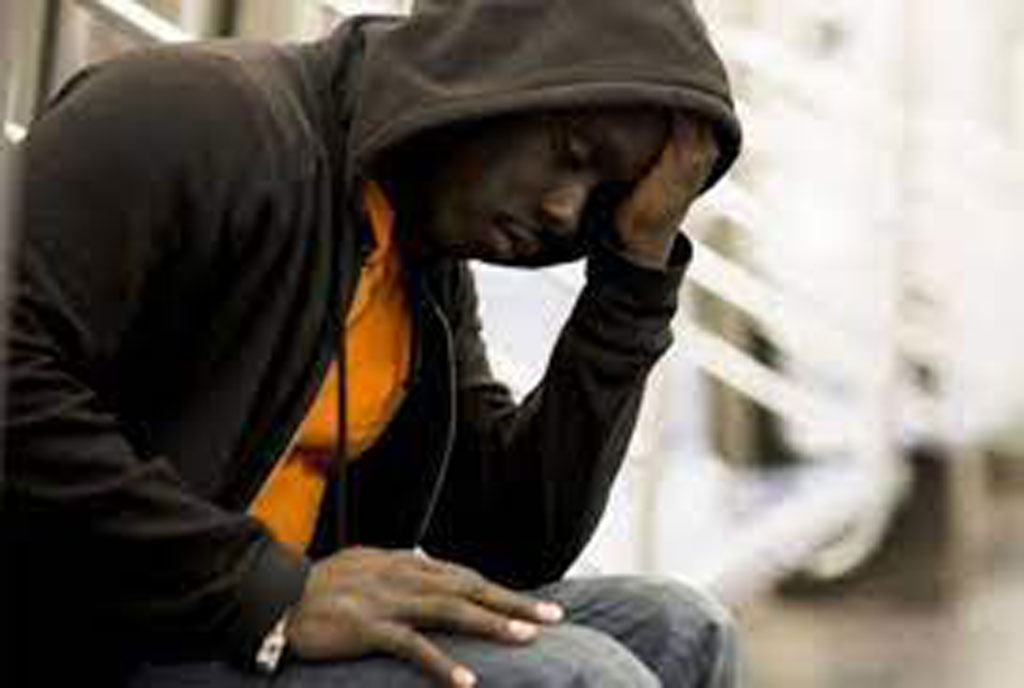Prime
Objection; social media is not the right forum

Author: Ivan Bwowe. PHOTO/FILE
What you need to know:
- Uganda has 2.8 million social media users constituting about 5.9 percent of the total population.
As of January, GSMA Intelligence a data and analysis resource reported that Uganda had 27.67 million cellular mobile connections. Global Digital Insights too reported that Uganda had 13.92 million internet users constituting 29.1percent of its total population. Kepios indicated that internet users increased by 1.8 million from 2021 to 2022.
Uganda has 2.8 million social media users constituting about 5.9 percent of the total population with Facebook taking the lion’s share with 2.5 million users, LinkedIn following with 810,000 users, Instagram with 582,100 users and Twitter with 418,400 users.
On Tuesday, an organic conversation ensued about the realities of depression and mental health challenges that people on online platforms go through but most importantly if indeed social media platforms are the best avenues or forums to seek help over mental health.
The general consensus was mental health is real and generally that mostly social media can be toxic. The other reality was that “catfish” and conmen have taken advantage of the many kind people on social media faking and forcing situations of need for mental health help only to end up asking for rent and faking stories and situations. Many social media users have contributed to non-existing patients in hospitals. Some have talked to ghosts/catfish accounts for months building social bonds only for the handles to change.
According to the Uganda Counseling Association and Ministry of Health Report, 14 million people suffer a form of mental disorder. That is 35/100 people in Uganda this number is not that small to gloss over with.
We find ourselves in a very tight situation where the space that contributes and compromises people’s mental health is the same space that some genuine people run to seek help in hope of overcoming depression or seeking any other form of mental health support.
Truth be told, it is a double-edged sword/space. A study indicated that social media did not cause mental health issues but mediated the levels of traumatic emotions amongst nonpatients in covid19 peak while on the other hand, according to Pew Research centre, large social media use by the population in US, increases the risk of feeling anxious, depressed or ill over social media use.
McLean Hospital highlights the addictive nature of social media. There are many mental health awareness campaigns running on twitter and other social media platforms. Social media helps with quick access to counselors and organizations that deal in mental health. To some the fun that comes with watching tiktok videos or Instagram reels and memes washes the stress away.
Mental health challenges hit people differently and therefore reactions from victims differ. There is no one size fits all. To some, speaking about it to total strangers gives them relief, some listen to music, play, some drink it a way while some seek professional intervention. Some die.
That being so, imposters, conmen and catfish have made getting help on social media harder as many with bad experiences of being conned are hesitant to help. Many are skeptical even about the genuine calls for help of those having mental health challenges. Yet, a quick response or intervention might be all that is required to help a person.
I have also heard of experiences of particular individuals who are always on the lookout for people desperately in need of help. They disguise themselves as offering help yet they harbor ill and sinister motives that instead deepen the mental health struggles/challenges.
The choice is individual to use social media in a positive way to support those who genuinely seek help. Referring them to a professional organization that would help. On seeing the tweets/posts that hint to mental health challenges, a follow-up call and maybe a visit might be all that a person needs.
Going back to the unsolved issue of whether social media is the right forum to seek mental health support. Going for a leading answer of yes or no would be very unfair and selfish. The ultimate goal is to get help. It does not matter where it is found. Those who get help from social media platforms should not shy away. Those who have got worse yet they sought help, I sympathize with you. Those who abuse the platforms, manipulate those struggling with mental health or dupe and con those who are willing to help, you are creating a worse society to which no blessings flow to you.
Ivan Bwowe
@BwoweIvan




